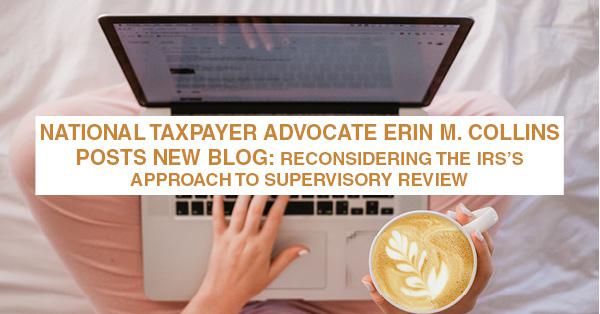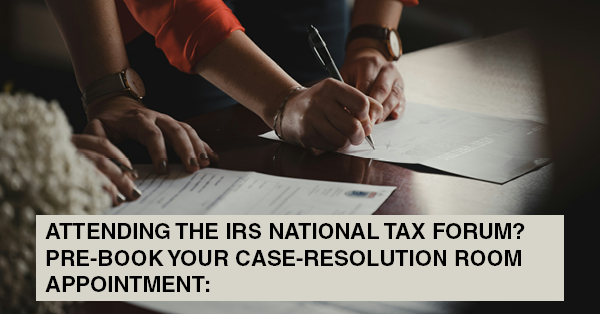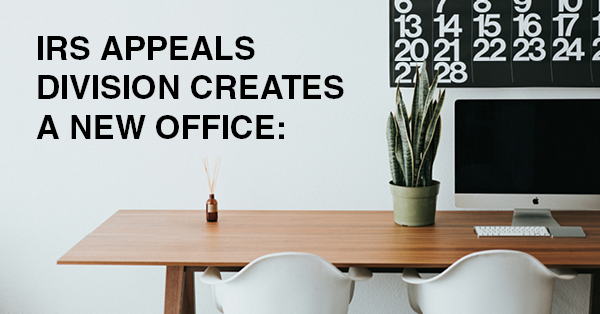NATIONAL TAXPAYER ADVOCATE ERIN M. COLLINS POSTS NEW BLOG: RECONSIDERING THE IRS’S APPROACH TO SUPERVISORY REVIEW

Some penalties require supervisory approval before they can be assessed by the IRS. The applicable statute, however, is vague regarding the point at which this approval must occur. This statutory ambiguity has generated conflicting decisions among the courts, which leaves taxpayers unsure about how they should be treated by the IRS and leads to unnecessary litigation that is bad for everyone. In hopes of bringing additional certainty to this area, the IRS has proposed regulations, for which public comments were open until July 10, 2023. The next step in this regulatory process will be a public hearing to be held on September 11, 2023.
Background:
IRC § 6751(b)(1) generally requires that no penalty be assessed unless the initial penalty determination has been approved in writing by an applicable supervisor. Courts, however, have been all over the map when it comes to interpreting this requirement. For example, the U.S. Tax Court, in Clay v. Commissioner, held that supervisory approval for penalties subject to deficiency procedures was required prior to sending the taxpayer a formal communication that included the right to go to the IRS Independent Office of Appeals. On the other hand, the U.S. Court of Appeals for the Second Circuit held in Chai v. Commissioner that approval for these penalties could occur anytime up until issuance of the statutory notice of deficiency.
Conclusion:
The IRS’s approach to supervisory review of penalties is heavy-handed and burdensome on taxpayers. Among other things, supervisory review should occur before applicable penalties are communicated to taxpayers in writing. Negligence penalties should also be presumptively subject to supervisory review and not automatically assessed by a computer program. The proposed regulations under IRC § 6751 provide the IRS with an excellent chance to reconsider its approach to supervisory review. This is an opportunity that the IRS has so far declined to embrace, but there is still time. I urge the IRS to reexamine its policy and I request that Congress consider clarifying the law to protect taxpayers’ rights.
Read the full article here.




